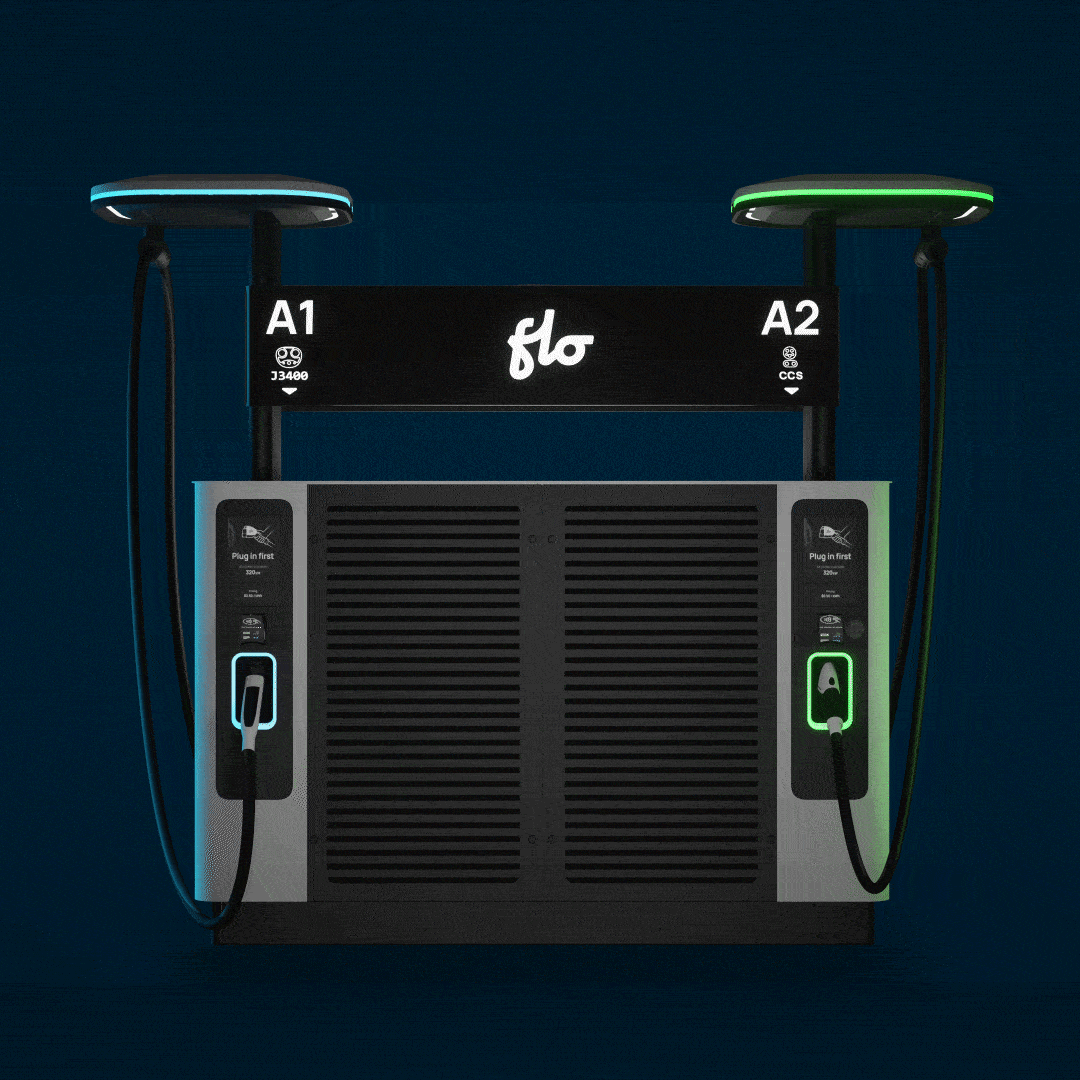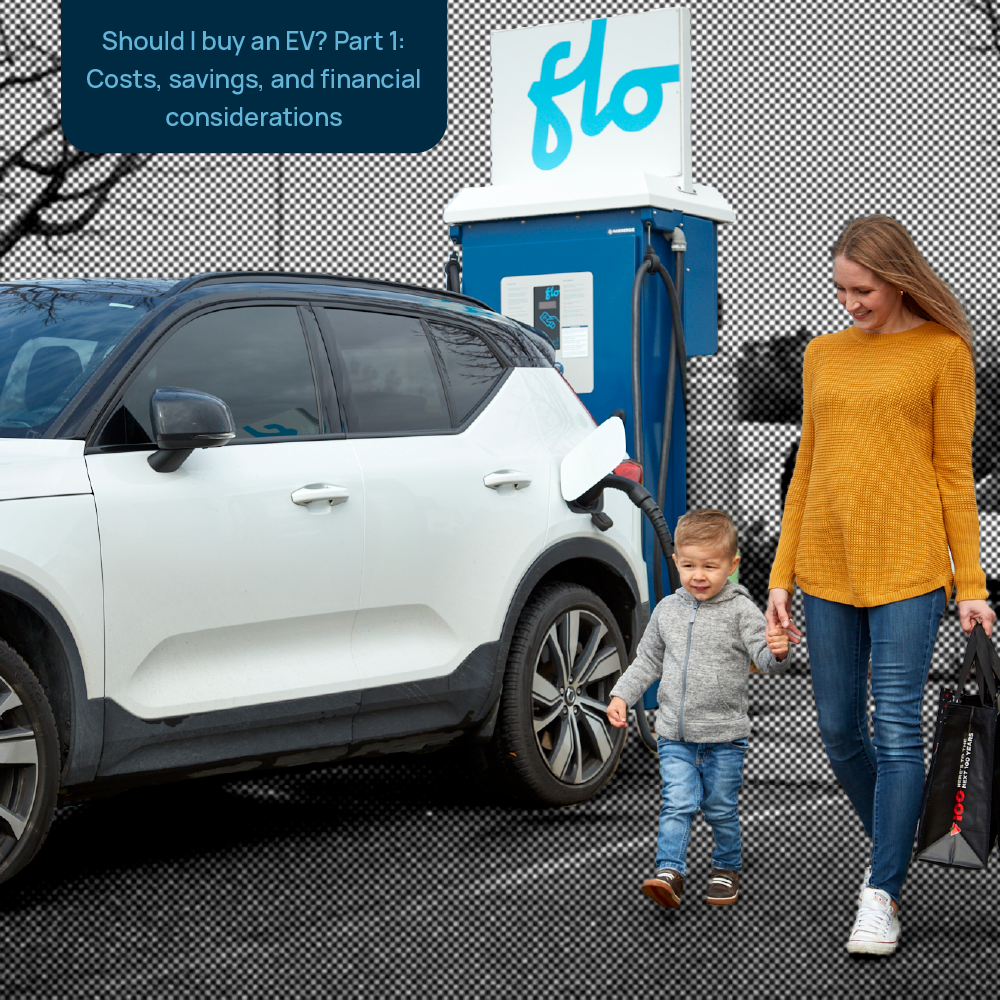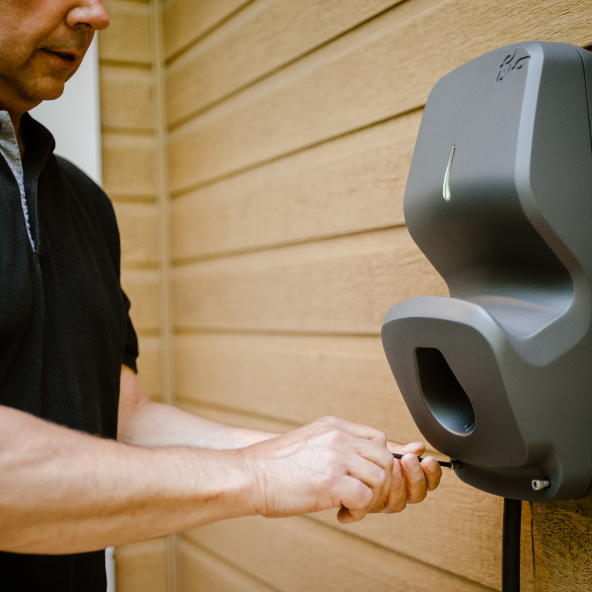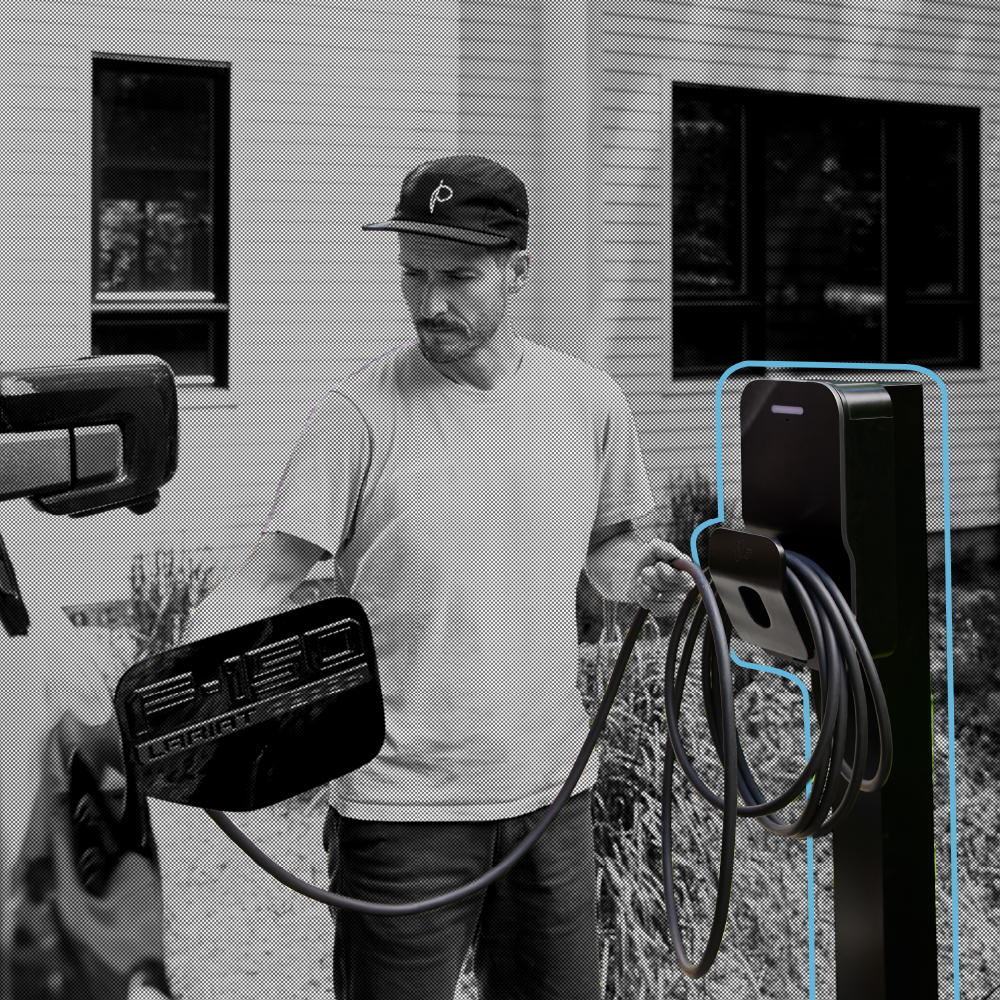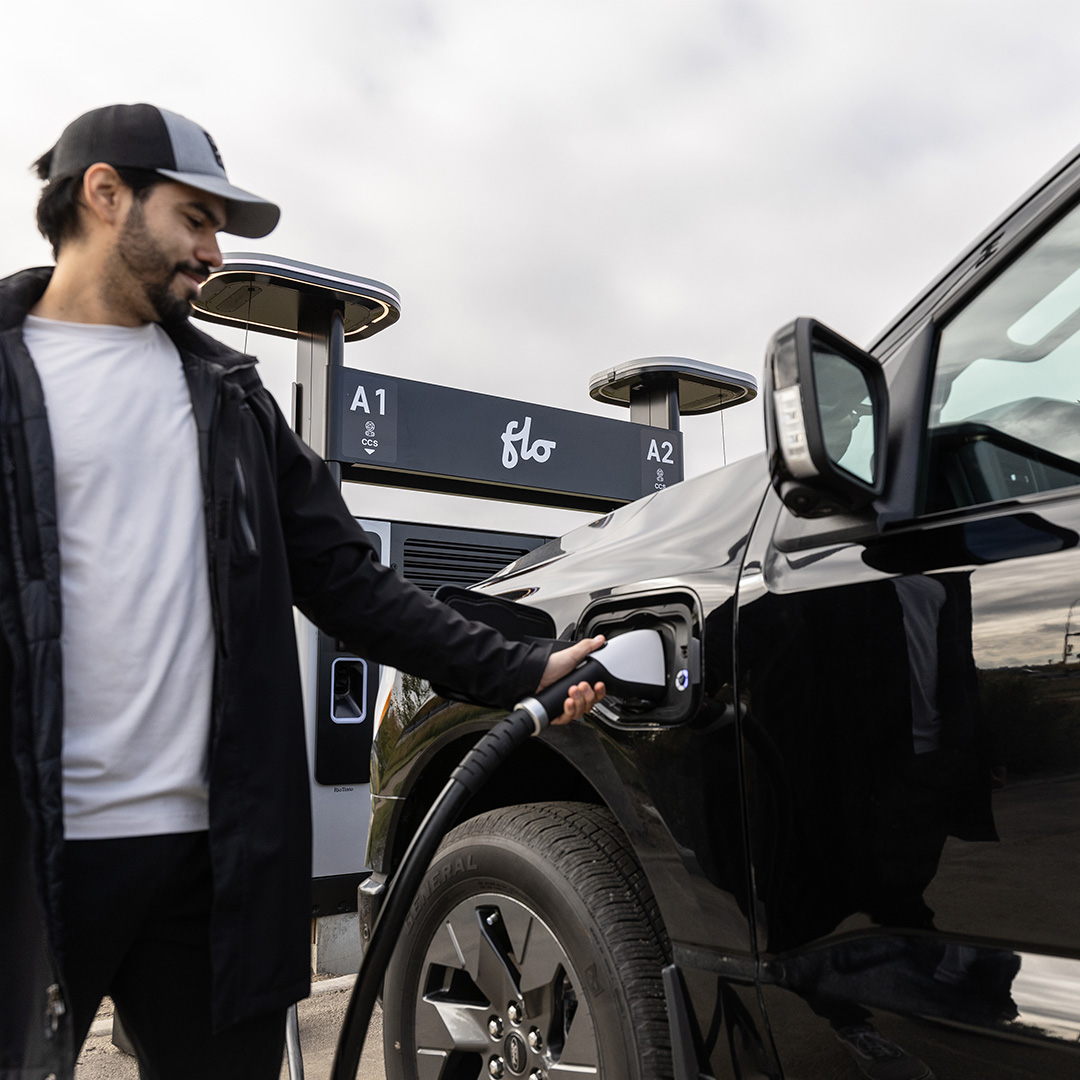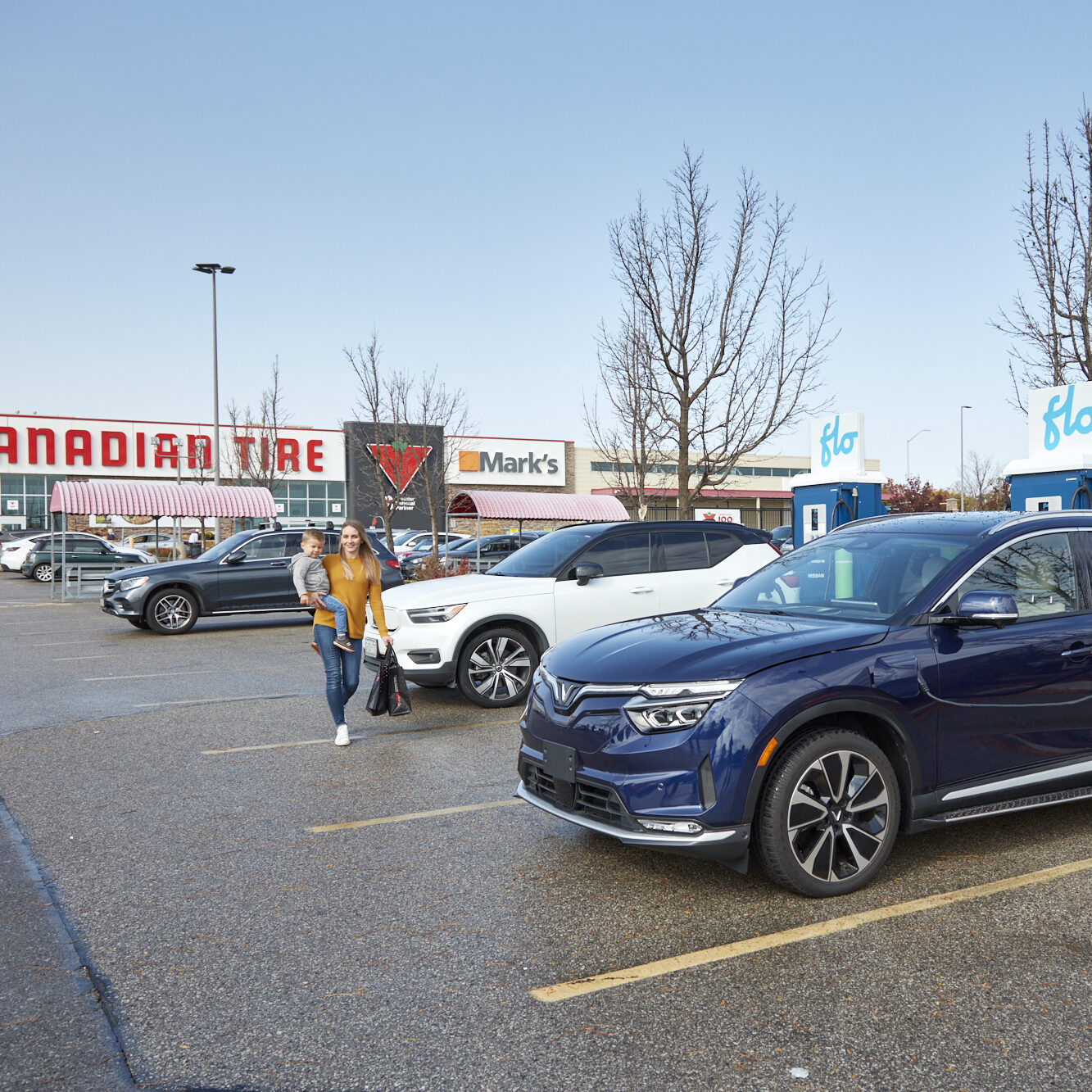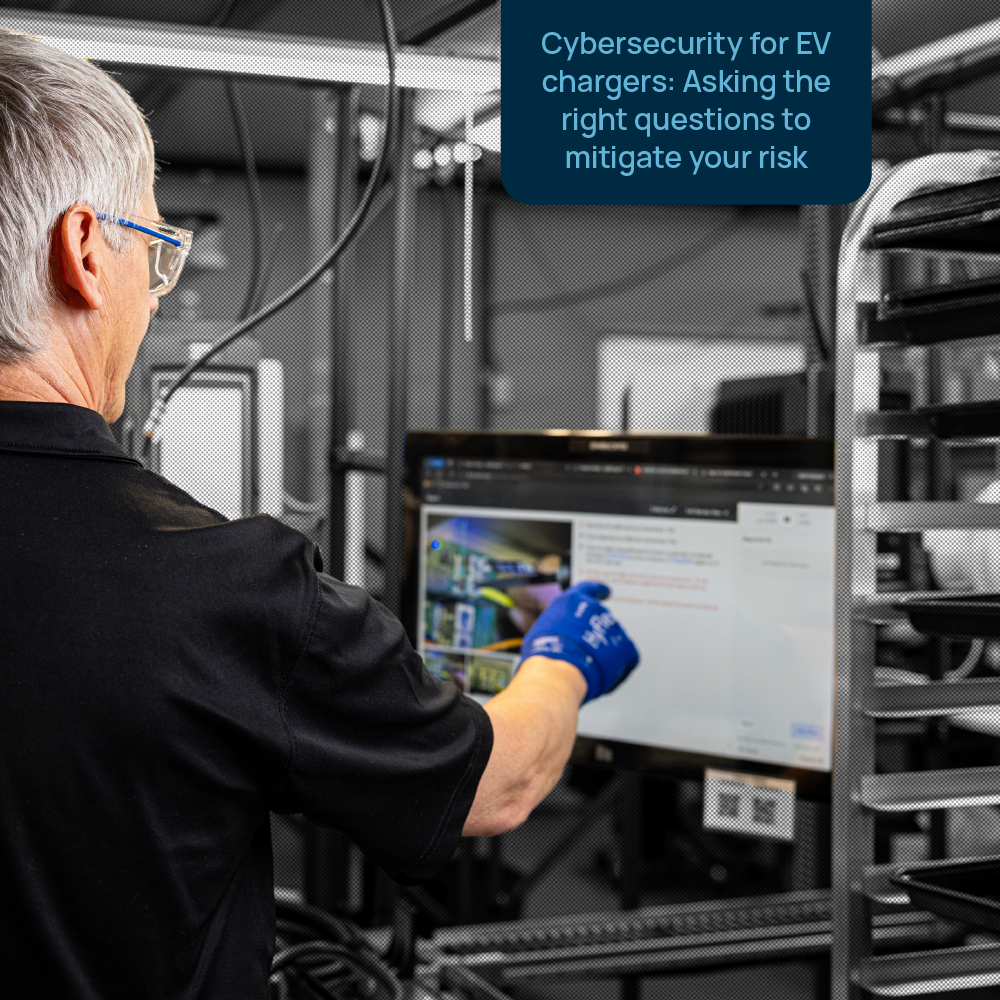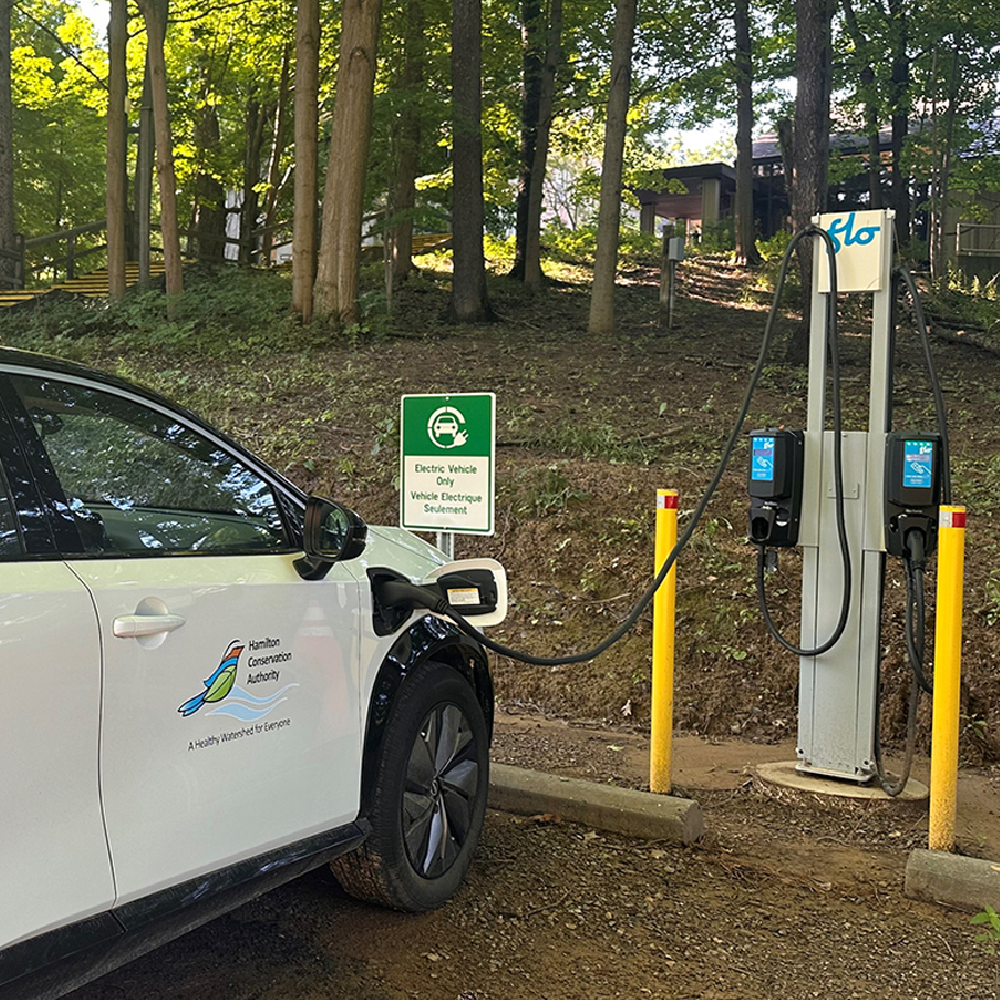How hotels can start an EV charging program
The last few years have left the hospitality industry searching for new ways to reclaim lost revenue. But despite a pandemic, climate change issues, and an unpredictable economy limiting business travel and eroding loyalty to the usual hotel brands, there is one trend in the hospitality industry that nearly any hotel can utilize. The ongoing rise in electric vehicle (EV) ownership and electric car rentals have created a new, highly-coveted group of consumers whose choice in hotels is influenced by access to convenient EV charging.
As hotels seek new ways to increase income, they’re recognizing the potential of on-site hotel EV charging. A 2022 report stated that two-thirds of all luxury hotels in the US — and nearly 1/3 of all US hotels — offer EV charging stations. Whether it’s a small family stay or a huge corporate retreat, hotels with electric car charging retain customers, attract new ones, and can even provide entirely new streams of revenue.
Going beyond guests for new income streams
Take the Hôtel Universel in Rivière-du-Loup, QC, Canada, a hotel with EV charging. Last year, they installed eight FLO Smart DC fast charging stations which can charge an EV in under an hour. Located just off a major highway, the hotel not only offers charging to their guests, but also to commuters and other drivers passing by. The presence of the chargers makes the hotel easy to find via the FLO mobile app and other apps that EV drivers use to find stations. And the ability to charge a fee for each session gives the Universel an entirely new source of revenue.
Granted, choosing your hotel’s EV charging solution has a learning curve. The Hôtel Universel originally installed residential chargers. Their slower charging times were great for overnight guests, but weren’t ideal for all use cases. The hotel kept fielding complaints about long wait times and drivers who “squatted” in the EV spaces even after their car was fully charged.
Read more: EV charger types: what’s the difference?
The Universel solved these problems by replacing the residential chargers with FLO fast-charging stations, which can recharge an EV vehicle in under an hour. Now, the Universel not only serves their guests seamlessly, they can take on more paying customers coming off the highway for a quick charge.
How Hilton decided to supply their hotels with EV charging…and why
Meanwhile, major hospitality industry brands are turning to EV charging to retain clients and compete with online marketplaces like AirBnB (and to keep up with the latest hotel trends). This is why the Hilton chain recently installed 20,000 Tesla chargers in their hotels. With at least six chargers per hotel, the brand instantly put 2,000 of their hotels on EV drivers’ short lists.
That kind of appeal comes with ROI of its own. Owners of EVs generally earn more than $100,000 per year, making EV drivers a highly sought-after demographic. The upgrade also makes the hotel chain an ideal choice for companies seeking sustainable options when booking events or conferences.
A new guest perk: hotels with EV charging via valet parking
Even hotels in downtown areas, which often have limited parking or intricate underground parking layouts that require valets, can take advantage of EV charging as a value-add. Adding a few EV chargers to existing valet parking services enables guests to wake up in the morning with their cars fully charged.
Offering EV charging as a valet service also makes it easy to manage charger access and use. Your valets can monitor and coordinate the use of charging spots, ensuring that they’re readily available for EV drivers when needed. Whether your hotel offers it as a standard or a paid VIP service, it’s an ideal way for a hotel to demonstrate a clear competitive advantage.
How hotels can start an EV charging program
EV chargers can be a valuable asset, provided you understand your users’ needs. Choosing the right chargers (fast-charging? Overnight charging?), seamlessly integrating the equipment, setting clear rules around usage, and ensuring efficient access will make it easier to keep your guests charged up and happy.
Choose the right hotel EV charging solution
As we saw with the Hôtel Universel, selecting the perfect EV charging solution depends on factors specific to your establishment, such as:
- Location: Are you remote? Downtown? Near a highway or high-traffic area?
- How long do your guests stay on average?
- What are your local climate conditions?
- Is there space available in your parking lot for chargers?
- Can your electrical infrastructure handle the additional workload?
- Are you installing reliable, durable equipment?
Read more: Do EV Drivers Charge More in the Cold?
Tailor your EV offering to your hotel
If guests are choosing your hotel based on access to EV charging, they’d better be able to use it. Their next day’s travel — and in some cases, their whole trip — could depend on it. And your customer reviews depend on your offering a seamless experience.
Make sure that the number of chargers you’re bringing in align with your hotel’s capacity and anticipated guest volume. Remember that chargers that are backed by 24/7 toll-free customer service, as well as proactive monitoring, ensure that drivers receive the best experience and support. Definitely confirm that your infrastructure can handle the additional consumption. And don’t just consider current demand — EV adoption is increasing every year. And don’t forget signage that guides users to your chargers, as well as multi-lingual instructions that help locals and tourists alike.
Establish clear rules
To ensure that both your hotel and your guests are getting the most of your EV charging solution, you’ll want to set clear rules around their use. These rules should address typical challenges for EVs at hotels, such as:
- Who can use your charging stations? Guests, employees, the general public?
- Are they free to use or is there a fee?
- What should guests do if a charger is out of service?
- Is there a maximum limit of time people can leave their car plugged in?
- What is your policy if a combustion engine car is blocking the charger?
Read more: EV charging 101: the dos and don’ts
A strategic move for hotels
Implementing sustainable transportation initiatives is one of the biggest trends in the hospitality industry. Almost all U.S. hotels are doing it. But adopting EV charging presents unique benefits. You’re not only positioning your brand as forward-thinking, sustainable, and adaptable, you’re also attracting a well-heeled customer demo who prioritize access to EV charging when choosing lodging. You’re enhancing the guest experience, setting yourself apart from local competition, and in some cases, making extra income in ways you couldn’t have imagined.

